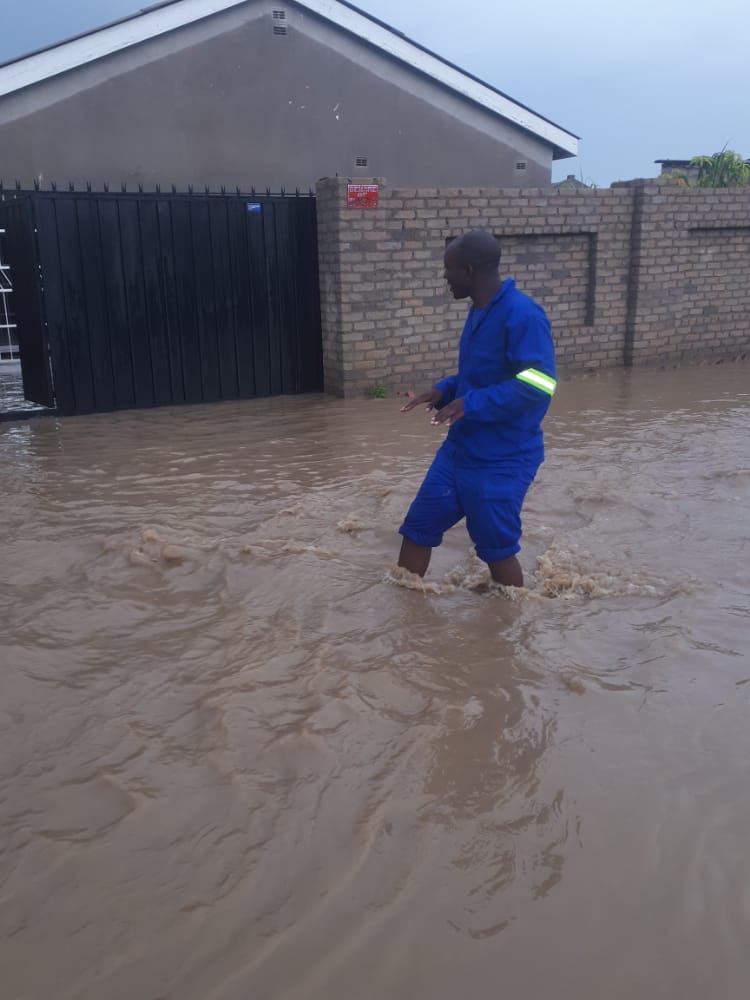|
Getting your Trinity Audio player ready…
|
The Harare Wetlands Trust and the Harare Residents Trust (HRT) affirm their full support to the preservation of the environment, respect for the rule of law, and the upholding of key legal provisions on the protection of wetlands and road verges. The organisations acknowledge that there has been an increase in trading along main and local roads by residents involved in the informal sector.
Wetlands have at the same time been invaded by land barons and a number of corrupt officials who have continued to manipulate the system in order to convert wetlands into residential and industrial areas. Construction work has proceeded on wetlands despite objections. Environmental Impact Assessments (EIAs) have been issued by the Environment Management Agency (EMA) and permits granted by the City of Harare and the Chitungwiza Municipalities on areas we consider to be wetlands.
Therefore, in light of the intervention by the Office of the Provincial Development Coordinator to demolish illegal businesses operating along major roads in Harare Metropolitan Province, in particular in Harare, Ruwa, and Chitungwiza, the HRT and the HWT request further consultation among the different stakeholders to enhance democratic governance systems.
The proliferation of the informal traders’ markets along our roads and in most open spaces is largely attributed to worsening social-economic challenges being experienced in the country. Be that as it may, the citizens should remain obliged to operate within the law rather than what is, in effect the continued contribution to the ongoing deterioration of the maintenance and stewardship of the natural environment.
Therefore, a socially sensitive monitoring mechanism to report and halt illegal (and perhaps legal) developments needs to be adopted by the local authorities and the government to minimise social conflicts and loss of wetlands and opportunities for water provisioning for all residents.
The demolition of illegal operations by joint efforts of the councils and the Zimbabwe Republic Police do not provide a solution to the infrastructural requirements of the ever-increasing urban population. The majority of residents living in the urban areas are unemployed and therefore they have found the informal sector as a viable alternative.
Demolitions should take place only within the confines of the law and should not be used as punishment to traders who threaten to expose corruption among council officials. Reports received from many disgruntled traders state that they were allocated the operating places by their local authorities and that they have been making payments to the Chitungwiza and Harare City Councils.
Traders operating in these illegally allocated places are human beings, first and foremost, deserving of respect and human dignity. The local authorities and the Government of Zimbabwe have a duty to enforce their by-laws to ensure no settlement on undesignated sites.
Allowing residents to operate at all in undesignated places, collect their money and then resolve to conduct demolitions creates the impression that council workers have dismally failed to execute their public mandate to maintain the natural environment and protect the wetlands.
Where demolitions have to take place, the offending traders must receive orders from the courts of law should initial engagements with them fail. Where demolition orders are issued following contestations in the courts, the HRT and the HWT support their enforcement in full so that town planning rules and regulations are upheld without fear or favour.
Recommendations:
1. To ensure the revised Wetland Map of Harare Metropolitan Province is gazetted as soon as possible and ALL wetlands recognised as ecologically sensitive areas that must be restored to their natural state to secure water provisioning for the Province
2. To establish specialized environmental police and municipal police units with greater enforcement powers.
3. To establish an Environmental Tribunal of legally qualified experts on environmental issues, with punitive jurisdiction.
4. To establish an independent Environmental Commission to receive complaints on environmental matters.
5. To clarify the legal implications of imposing development controls over private property on wetlands, specifically as regards compensation. Explore options concerning the feasibility of acquiring land from private owners under eminent domain for environmental purposes under the Environmental Management Act, and explore potential funding options to support this. Establish mechanisms including a compensation fund for determining and awarding compensation claims or private property holders.
6. To establish resettlement or housing programmes to resettle persons unlawfully settled on wetlands.
